
Kimberly Maxfield, PhD, of the FDA discussed actions been taken by the FDA since President Biden's reauthorization of the Biosimilar User Fee Act (BsUFA) III last year, as well as what they plan to achieve through 2027.

Kimberly Maxfield, PhD, of the FDA discussed actions been taken by the FDA since President Biden's reauthorization of the Biosimilar User Fee Act (BsUFA) III last year, as well as what they plan to achieve through 2027.
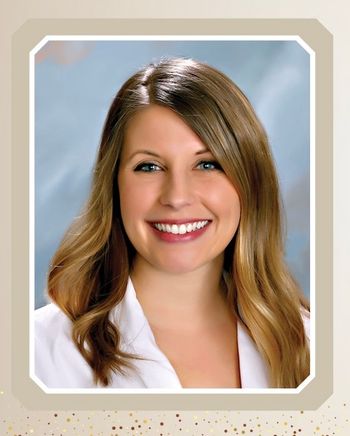
In this interview with The American Journal of Managed Care®, Katie Queen, MD, addresses the complexity of obesity as a medical condition, pivoting to virtual care while ensuring that patients who lived in a rural location continued to receive adequate care, and the importance of integrating awareness of obesity and chronic disease prevention into local food culture.
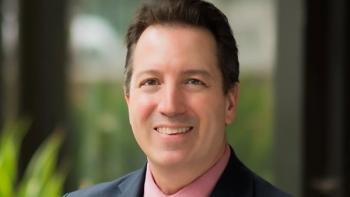
Alexander Fay, MD, PhD, joined for a Q&A about the current state of spinal muscular atrophy (SMA) treatment and the unanswered questions in the field.
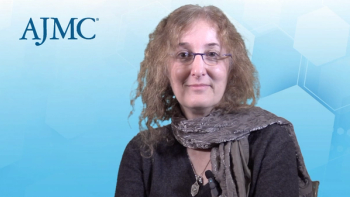
Alyson Moadel-Robblee, PhD, deputy director of community engagement and cancer health equity at Montefiore Einstein Comprehensive Cancer Center, discussed the center's evolving patient distress screening process and the Bronx Oncology Living Daily support program for patients with cancer.

Due to the frequent rejection of claims for noninvasive ventilators by Medicare Advantage plans, individuals with amyotrophic lateral sclerosis (ALS) are experiencing disproportionately high rates of hospital admissions.

Michael Fang, PhD, researcher and assistant professor in the division of Cardiovascular and Clinical Epidemiology at Johns Hopkins University, discussed recent findings in the type 1 diabetes (T1D) space that may alter the way providers address diabetes diagnoses.
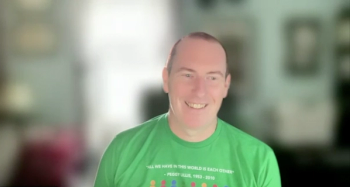
To combat C difficile, Christian John Lillis, cofounder and executive director of the Peggy Lillis Foundation for C. Diff Education & Advocacy, noted that awareness and innovation must continue to increase.
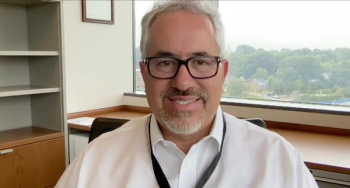
Ruben A. Mesa, MD, president and executive director of Atrium Health Levine Cancer Institute and Atrium Health Wake Forest Baptist Comprehensive Cancer Center, discusses key challenges and opportunities for improving cancer care among rural and minority patients.

With the recent development of various new treatments, April Armstrong, MD, MPH, discusses the new standards she and other dermatologists hope to set for treating patients with atopic dermatitis (AD).
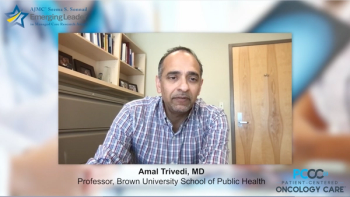
Amal Trivedi, MD, MPH, professor at Brown University, discusses the qualities that led him to nominate David J. Meyers, PhD, to receive the Seema S. Sonnad Emerging Leader in Managed Care Research Award. The American Journal of Managed Care® presented the award to Dr Meyers at the 2023 Patient-Centered Oncology Care® meeting.

Amid National C. Diff Awareness Month, Christian John Lillis, cofounder and executive director of the Peggy Lillis Foundation for C. Diff Education & Advocacy, explains the foundation's "See C. diff" campaign and what the PLF hopes the public will learn throughout the month.

Mark A. Socinski, MD, discussed how the understanding of lung cancer has evolved over time, as well as how its heterogeneity impacts treatment strategies.
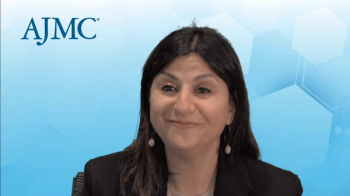
Natasha Halasa, MD, MPH, Vanderbilt University Medical Center, discusses the most pressing diarrheal illness challenges and successful strategies physicians can use to reduce this burden in patients.
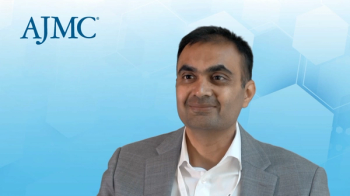
Amitkumar Mehta, MD, MBA, University of Alabama at Birmingham, notes the long-term data and potential curative effects of chimeric antigen receptor (CAR) T-cell therapy, while expressing optimism about bispecific therapy with ongoing evolution and the chance of significant patient responses.

Edward "Ted" Arrowsmith, MD, MPH, medical director for pathways at OneOncology and managing partner at Tennessee Oncology, highlights the need for trust between payers and providers, as well as finding balance in building consistent clinical pathways while prioritizing specific practice needs.

Industry stakeholders and patient advocacy groups are raising concerns with CMS due to high denial rates for non-invasive ventilators (NIVs) by Medicare Advantage plans.

Care in the fourth-trimester, when the birth has taken place and the mother and baby return home, is crucial for the well-being of the mother or the birthing person, Takiyah Durham, MBA, explains in an interview.
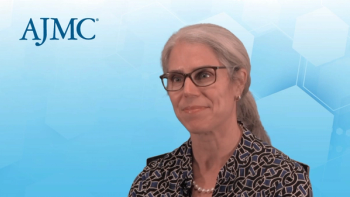
There is a lot of noise in the health care system, and oncologists need to collaborate and decide on common shared goals, said Lucy Langer, MD, MSHS, national medical director of oncology and genomics at UnitedHealthcare.

Leveraging technology intelligently can make the patient-doctor interaction much more seamless and connected, said Samyukta Mullangi, MD, MBA, medical director of oncology at Thyme Care, medical oncologist at Tennessee Oncology.
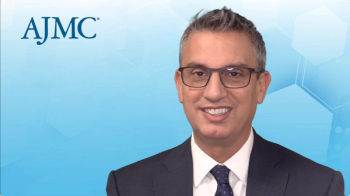
Regardless of kidney disease subtype, biomarkers can successfully ascertain risk of kidney disease progression, said Steven Coca, DO, MS, of the Icahn School of Medicine at Mount Sinai.
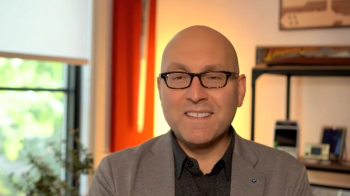
Peter A. Lio, MD, clinical assistant professor of dermatology and pediatrics at Northwestern University's Feinberg School of Medicine, lists barriers to care for dermatology patients.

Peter A. Lio, MD, clinical assistant professor of dermatology and pediatrics at Northwestern University's Feinberg School of Medicine, describes different methods dermatologists can use to treat atopic dermatitis (AD).

There is great value, both for clinical trials and clinical practice, in biomarkers that identify patients at greatest risk of developing chronic kidney disease (CKD) after acute kidney injury, explained Steven Coca, DO, MS, Icahn School of Medicine at Mount Sinai.

Robert Daly, MD, MBA, of Memorial Sloan Kettering Cancer Center, describes how new at-home treatment methods changed his delivery of care to patients with lung cancer.

Robert Gluckman, MD, MACP, from Providence Health Plan, discusses what he was most interested in hearing about at our Institute for Value-Based Medicine® event held in Newport Beach, California, on November 2.
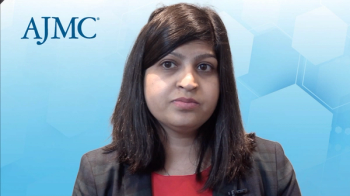
Pregnancies for patients on dialysis are high risk and care by a multidisciplinary team is extremely important for a successful birth, explained Silvi Shah, MD, MS, FASN, assistant professor, Division of Nephrology and Hypertension, University of Cincinnati.

Data shows sodium-glucose cotransporter-2 (SGLT2) inhibitors are efficacious and can be used in almost all common kidney diagnoses, explained William G. Herrington, MD, MA, MBBS, Nuffield Department of Population Health, University of Oxford.

Sara Horst MD, MPH, FACG, discusses recent improvements she helped make to the Vanderbilt University Medical Center's (VUMC) digital health systems and what changes she plans to help implement in the future.

Mona Shahriari, MD, assistant clinical professor of dermatology at Yale University and associate director of clinical trials at Central Connecticut Dermatology, discusses unique challenges dermatologists face when treating patients with skin of color, who may present differently from White patients.

For patients with chronic kidney disease, dose adjustments for other medications requires coordination with other specialists to maintain treatment efficacy, explained Linda Awdishu, PharmD, FASN, professor and division head of clinical pharmacy at the University of California, San Diego, Skaggs School of Pharmacy and Pharmaceutical Sciences.

259 Prospect Plains Rd, Bldg H
Cranbury, NJ 08512
© 2025 MJH Life Sciences®
All rights reserved.
